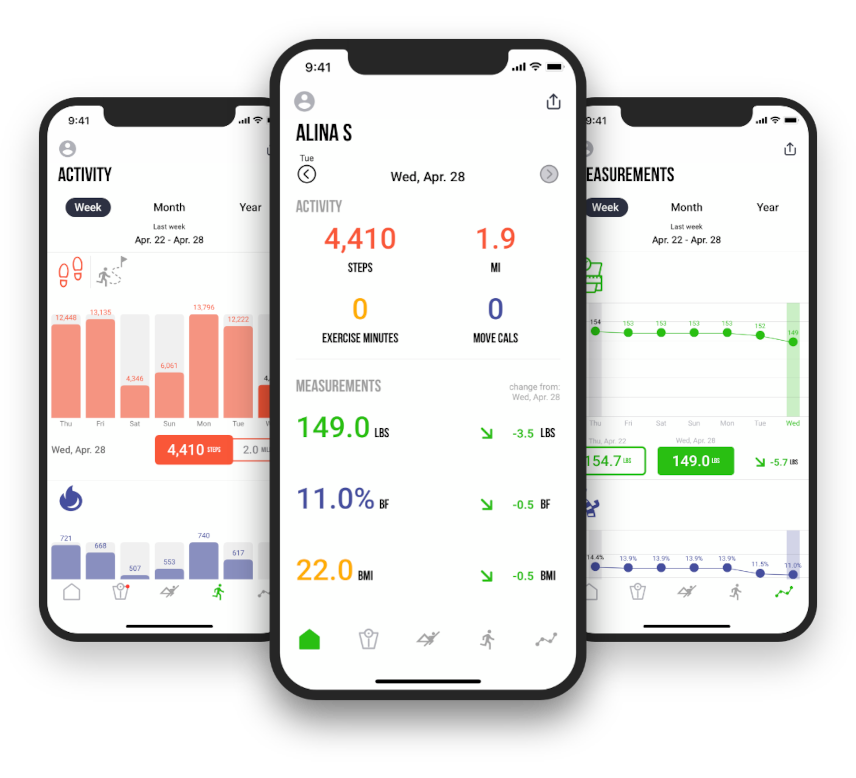Some of the techniques that elite athletes apply are transferable to business and could give you the edge over competitors, argues sport psychologist Dr Rhonda Cohen.
Sport psychology strategies can make or break athletes. So what can we take from sport that is applicable to business dealings? Performance in business can be facilitated through risk-taking, motivation, resilience, dealing with pressure, focus, competition, cohesion and enjoyment. Unlike sport, it doesn’t take years to become an expert in the mental skills required for business. So how can business people benefit from using the psychological toolkit of elite athletes?
Athletes don’t achieve elite status by luck. They must continuously be self-motivating, even when there is no competition, no feedback and no praise. There is a huge amount of training that goes on when no one is watching. It is the same with corporate success: drive yourself forward, particularly when no one is watching.
Those who go on to win gold medals don’t allow themselves to be put off by failure. Whether you’ve lost a point or a business deal, the worst thing to do is sit behind a desk sulking or throwing a racquet around the court. Learn from mistakes and move past them.
Another key element of the psychological make-up of top sport performers is that they learn to thrive on pressure; there is a saying in sport psychology that athletes need to learn to get ‘the butterflies to fly in formation’. Managing stress is easier if you focus on your own performance. Elite athletes don’t waste time being distracted by the success or failure of their competition. Focus on what you can control and let go of the uncontrollable factors.
Research has shown that risk-taking pushes us beyond our limitations. It takes us to the outer limits of our boundaries and challenges us to do things outside of our comfort zone. How can we develop these skills to get the best from ourselves and our business? Create a ladder of five rungs, start at the bottom and work up:
Rung 1 – Meet a new person in the company and really listen to who they are and what their role is.
Rung 2 – Do something in a different way, e.g. change the structure of the team meeting.
Rung 3 – Have a creative session with your team. Brainstorm new ways of doing things – the more ‘off the wall’ the better.
Rung 4 – Create an unusual marketing scheme – ask your marketing team for any ideas that could create a new way of looking at things.
Rung 5 – Speak to clients for ideas or suggestions.
Even if you don’t use any of the ideas that arise from rungs three, four and five, you have demonstrated a willingness to take a risk and try something new. You have opened up your staff, your clients and yourself to new ideas.
Get yourself into the mindset of not fearing the competition. Instead, learn to respect your competitors in order to keep on top of your performance. Athletes match their strengths against other first rate competitors all the time. They learn to observe, listen and learn. Compile a list of what your competitors do well and consider using some of their tactics to improve your own performance.
The team is vital in sport, and nothing is greater than a cohesive team. However, this requires everyone to know their roles and be able to execute them. Try this team exercise by getting everyone to ‘speed relate’.
Set up your key staff or representatives and get them to spend five minutes with each other elucidating what they see as their key priorities and what their key concerns are. This communication exercise brings a team together better than spending a day building a boat to cross the local river. It is also important to revel in your successes and make sure everyone feels part of the win. Teams that celebrate together buy into the hard work better and stay better focused in hard times. Share the gold medals around.
Sport psychology techniques can easily transfer into business. Use it to enhance your performance at work in facilitating your own success, to help your staff to develop workable and meaningful goals as a cohesive team and enhance individual abilities. Sport psychology can help you fine-tune your business.
Dr Rhonda Cohen
Rhonda is the head of the London Sport Institute at Middlesex University. She is a sport and exercise psychologist whose research focuses around risk-taking, personality and reaction time responses. For more information visit www.sportpsych.co.uk

